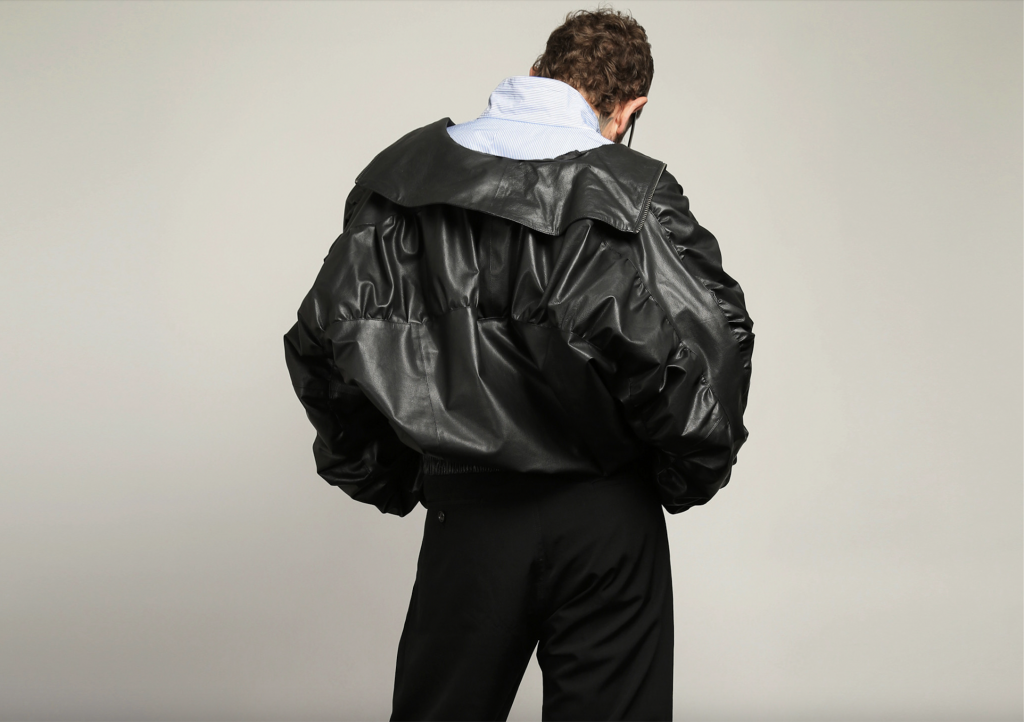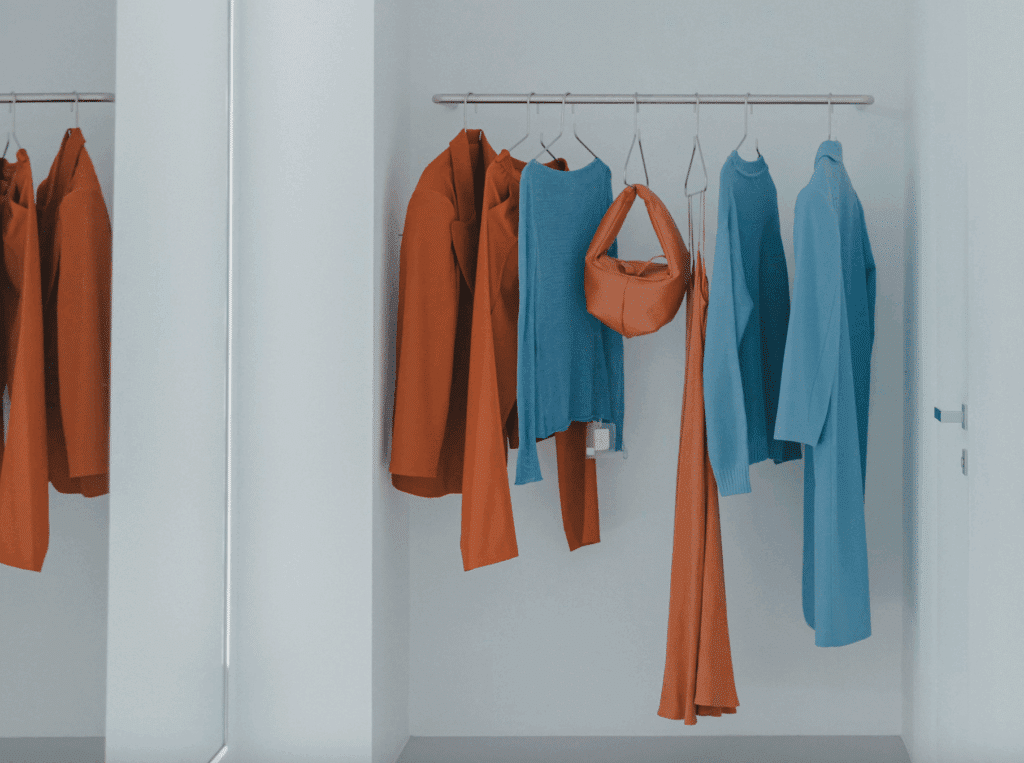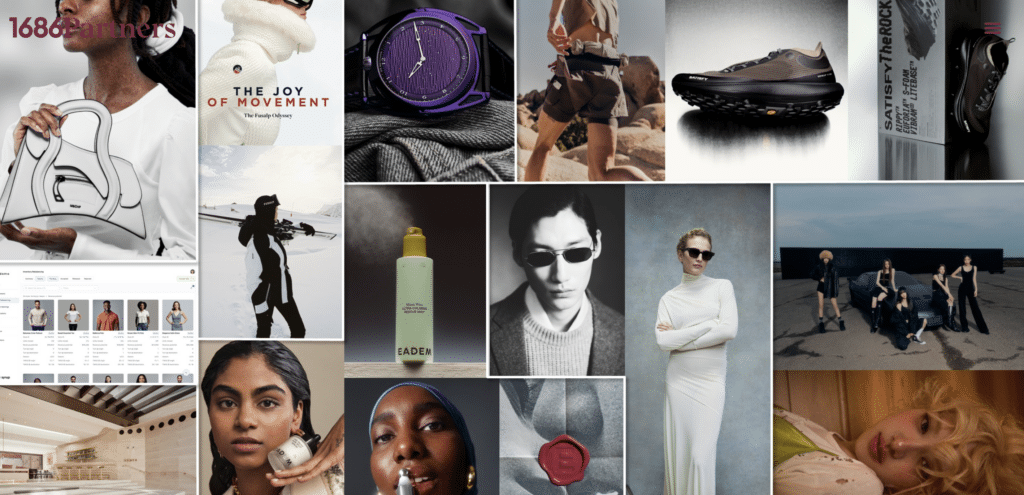The private label is a decades old concept from department stores’ in-house clothing collections to the burgeoning lineup of goods that are marketed under Amazon’s own brands, the private label is a decades-old concept that, on one hand, has been viewed as substandard by consumers and retailers, alike, but on the other, is an opportunity for companies to generate greater revenues and to boost their margins. Despite having a decades-long track record of acting as a linchpin of big box retailers’ businesses, private labels have rarely made much noise in department stores or specialty boutiques. Yet, as retailers have looked to disrupt their reliance on third party brands, grow their revenue streams, and generate hype paired with exclusivity, there has been a resurgence of interest in and attention on private labels and for good reason.
The result of the creation of brands and/or products that are ultimately sold under a retailer’s own brand name and/or exclusively through their channels, private labels are something of a lifeblood for some retailers – big box stores come to mind. But the private label practice is not limited to players like Walmart or Target. Urban Outfitters, for example, revealed in 2018 that over 50 percent of its business was generated by way of private label brands. Buzzy e-commerce site Revolve had its own labels – from L’Academie to LPA – to thank for 36 percent of its $580.6 million in sales in 2019.
Over the years, retailers have incorporated private labels into their portfolios in a variety of ways and to varying levels of success: some create new brand names, some trade under their name; others invest in third-party brands making them defacto private brands, with each of these variations potentially presenting a great margin-driving opportunity for retailers. Many big box and department stores utilize the segment as such, thereby, giving themselves the chance to boost the standard markups for fashion retailers. Instead of the traditional markup of 2.2 to 2.8 times the wholesale price of a garment, private labels typically see that markup double.
Other retailers have not just leveraged private brands’ margins but used these labels as a way to grow brand equity in a way that elevates their brand as a whole beyond the scope of private label. A perfect example of this is London-based retailer Joseph, which launched as a private label venture in 1983. The brand – which shows their private label collection in their Paris showroom – is positioned as a bridge price luxury brand and is stocked in celebrated boutiques and department stores globally. As a result of the success of its eponymous label, Joseph has significantly grown the scope of its reach and name recognition. To be exact, the company has opened 23 mono-branded brick-and-mortar stores across the world, demonstrating how its private label brand has become the backbone – and financial driver – of the company.
Big Names in e-Commerce
Despite the margin-boosting and equity-inducing benefits that can come hand-in-hand with private label ventures, many luxury and specialty boutiques have been somewhat slow to the game. Nonetheless, it seems that that is not only changing, but it is changing quite rapidly. The move by Farfetch in 2019 to acquire production and licensing firm New Guards Group, for instance, has been viewed by some as an opportunity for Farfetch to get into the business of private brands. New Guards Group has, after all, shown an ability to create brands from scratch rapidly and successfully. Over the last several years New Guards Group has played a pivotal role in launching several big-name brands, with its current roster including the likes of Marcelo Burlon County of Milan, Palm Angels, Ben Taverniti, Unravel Project, Heron Preston, and Alanui, among others. (It also is the primary licensee of Virgil Abloh’s label Off-White). The burgeoning Milan-based group’s expertise in this arena will be pivotal to how Farfetch experiments within the private label sector.
More recently, Stadium Goods, which Farfetch acquired in 2018, announced this past week that it is launching a brand new in-house label, Stadium. The launch of Stadium – which is expected to offer up a branded assortment of ready-to-wear – is an example of the opportunities presented by New Guards Group coming to fruition. While not a luxury product, per se, the impending offerings of Stadium shows a willingness by Farfetch leadership to experiment with growing their brand equity and opening themselves up to new revenue streams. Whether the shoe resale platform will be able to entice consumers with self-branded apparel is yet to be seen.
At the same time, SSENSE has also entered the private label landscape – albeit in a different manner. The large luxury fashion e-commerce platform-cum-editorial tastemaker’s entry is through SSENSE Works, a branded platform for collaborative products. It also comes by way of a series of investments in several brands that SSENSE currently stocks. Against this background, one of SSENSE’s first impactful moves in the private brands sector has been through their investment in and launch of former Yves Saint Laurent and Ermenegildo Zegna creative director Stefano Pilati’s brand, Random Identities. Leveraging its well-known content creation expertise, SSENSE launched the label through an impactful presentation in its Montreal headquarters in March 2018, which was shown digitally via SSENSE’s online platform.
In much the same way as the New Guards Group brands are not runoff-the-mill private labels, neither is Random Identities. Both mark a new facet of this segment. While SSENSE and Farfetch have differing approaches to building – and maintaining – private brands, both have invested heavily in infrastructure that can support the brands’ growth. For Farfetch, this comes in the form of its acquisition of New Guards Group, and for SSENSE, in its editorial platform investment, not to mention both business’ native field, e-commerce. In both cases, the retailers’ unique strategies are enabling them to take a stake in the private label business in a manner best suited to their expertise, and potentially reap sizable benefits as a result.
Specialty Boutiques Double-Down
Meanwhile, on the opposite side of the spectrum, small, specialty boutiques, such as Machus in Portland, Oregon, are adjusting their approach to the practice of private labels. In business for coming up on a decade in November, Machus has experimented with its private label on and off for years. In 2020, however, owner Justin Machus began committing more time, energy and budget into the company’s private label brand, and it has paid dividends.
The retailer’s in-store brand, Machus Private Label, provides customers with unique styles that complement the designer brand assortment in the store at an accessible price point. This past year has seen Machus’s private label expand beyond t-shirts and hoodies into a more robust assortment, with Machus adding the likes of cargo pants, flannel shirts, and candles into the mix. The Machus Private Label brand products currently experience high conversion rates even when designer brands hit the sale rack. In fact, Mr. Machus says that he has experienced strong enough sell-through on the private label goods that the company has committed to expanding the assortment with the target of 20-30 percent of its seasonal buys to be dedicated to the in-house brand.
A look at the variety and evolving uses of the private label model across a number of different retailer platforms seems to clearly demonstrate that this is a quiet – but important, impactful, and growing – trend in the fashion retail landscape. The relationship between retailers and customers allows for retailers that have adopted this model to exhibit a nimbleness to create product that is highly likely to resonate with their client base and swiftly respond to the shifts in their desires and needs.
As retailers continue to diversify their budgets, looking for impactful opportunities to grow their brand equity and revenue, private labels are an avenue to keep an eye on. In terms of which of these unique approaches will have the greatest overall impact, we will have to wait and see.














